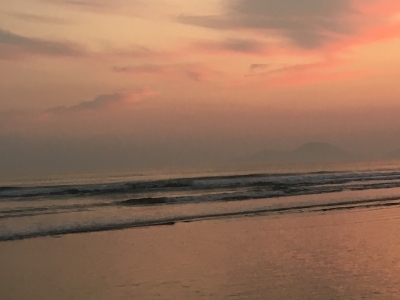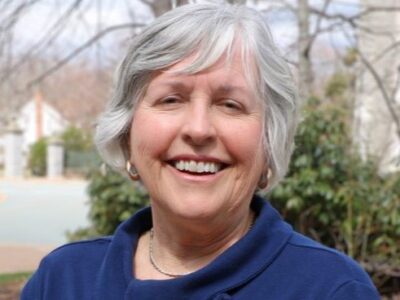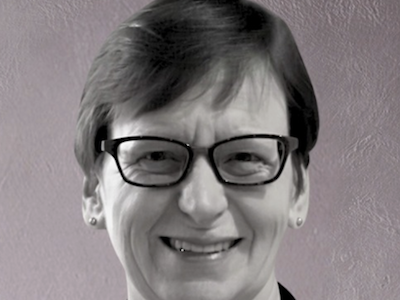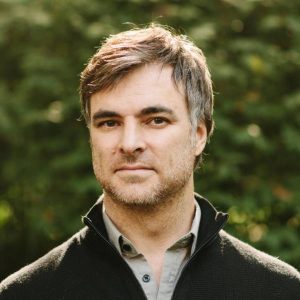
David Maggs is the Metcalf Foundation’s inaugural Fellow on Arts and Society.
As a philanthropic organization, the Metcalf Foundation has three areas of focus: poverty reduction, the environment, and the performing arts. While the first two operate within areas of explicit social concern, we’re seeing an increase in social priorities within our performing arts activities as well. In our support of organizations and communities, we seek to enable rather than direct, and our increased focus on social issues within our performing arts program comes directly from the sector itself.
Our multi-year, strategic-granting program, Staging Change, is an example. It focuses on developing an adaptive leadership capacity within the performing arts sector. Responding to complex social issues (race, poverty, access, climate and mental health for example) demands skills different from linear problem-solving. Staging Change equips organizations to inspire, lead and navigate the changes that an organization is facing or is prioritizing within its own operations in order to stay relevant and responsive to its communities.

Michael Trent is the Metcalf Foundation’s Director of Performing Arts.
Our priority to empower rather than direct means that we work more organically with our grantees, avoiding institutional lock-in around our own activities and allowing emerging issues to guide our funding. This requires us to respond to the inspired social visions of the sector and to develop tools to resource those visions. We’ve taken a series of steps in this direction: increasing our annual distribution quota from 3.5% to 5%; adjusting our performing arts internship program to engage marginalized applicants and organizations; and dedicating more than half of our early pandemic performing arts emergency funding to equity-deserving groups that weren’t among our historical grantees.
This strategy of bottom-up, emergent engagement is accompanied by another approach that we’re beginning to explore: the arts are increasingly viewed as something of a ‘magic bullet’ of social change, compensating for the inadequacy of technical and managerial strategies in solving complex problems. In the face of this new societal pressure, we’re helping the arts sector to step out of its familiar position of advocacy, in which it simply proclaims the social goods the arts represent, and into one of research and development (R&D), in which we might find ways to generate evidence of these goods.
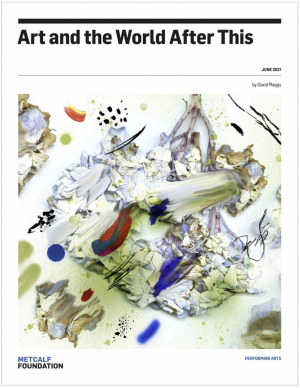 This shift was explored and articulated in our recent performing arts Innovation Fellowship report, Art and the World After This, and is now a central theme in the continuation of that work within the Metcalf Foundation. With a network of interested sector partners, we’re beginning to co-develop an R&D framework for artistic activities, shaped around appropriate practices and outcomes of artistic activity. Such a framework is designed to grow the sector’s capacity to recognize the arts-shaped holes in our social challenges, identify the unique value propositions in our practices, and combine them within an R&D framework composed of three broad steps:
This shift was explored and articulated in our recent performing arts Innovation Fellowship report, Art and the World After This, and is now a central theme in the continuation of that work within the Metcalf Foundation. With a network of interested sector partners, we’re beginning to co-develop an R&D framework for artistic activities, shaped around appropriate practices and outcomes of artistic activity. Such a framework is designed to grow the sector’s capacity to recognize the arts-shaped holes in our social challenges, identify the unique value propositions in our practices, and combine them within an R&D framework composed of three broad steps:
- Problem-Framing & Theories of Change
- Methods & Hypothesis
- Data & Evaluation
By cultivating an appetite and capacity for R&D within the cultural sector, we can help organizations make the most of a unique, historical opportunity for the arts to step into more applied and accountable relationships to society, without the arts abandoning the integrity of its identity and practice as art (and as society’s treasured ability to understand itself in terms of the aesthetic). In this, we feel we can contribute important capacity to the arts organizations, while retaining our priority to enable the priorities they set for themselves.
David Maggs is the Metcalf Foundation’s inaugural Fellow on Arts and Society (2022-2023). In 2021, he wrote Art and the World After This, an extensive report on the disruption and transformation of the arts in the wake of Covid, which led to the creation of a new, full-time role in which he’ll explore the role of art in society, focusing on innovation, climate change and cultural policy.
Michael Trent joined the Metcalf Foundation as Director of Performing Arts in 2015. Over his thirty-year career, he’s contributed to the development of the dance field as a choreographer, performer, teacher, artistic director, curator and arts community activist and volunteer.
The Metcalf Foundation is on Twitter, LinkedIn, Facebook, and Instagram.
Photo of stage is courtesy of Chris Thomaidis.
Friday, April 22, 2022 in Arts, For homepage, Social Finance
Share: Twitter, Facebook
